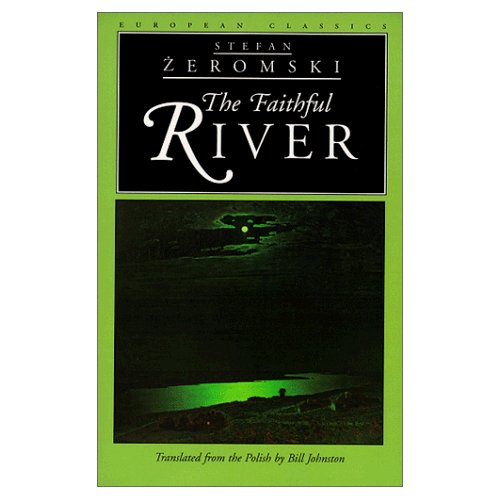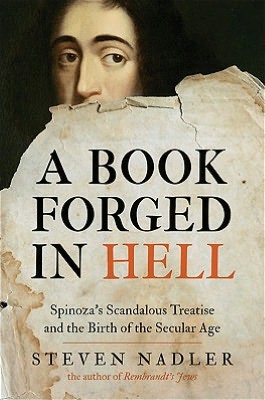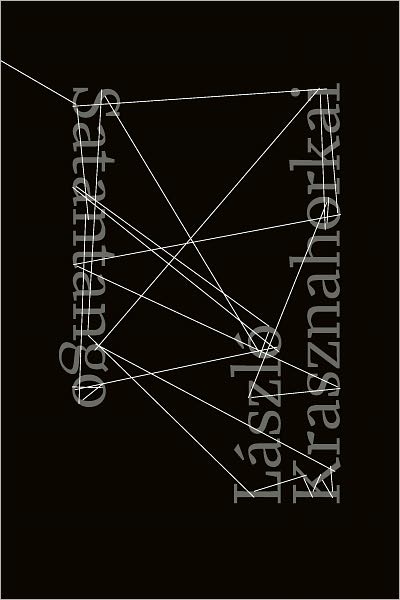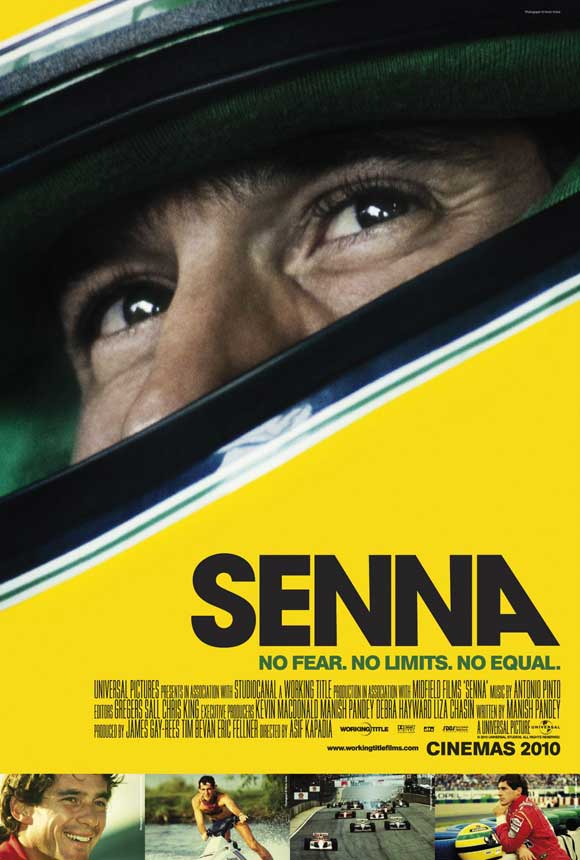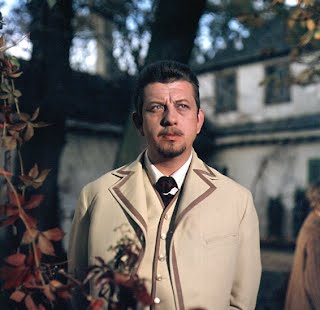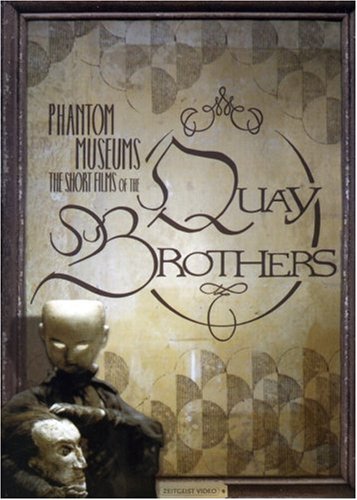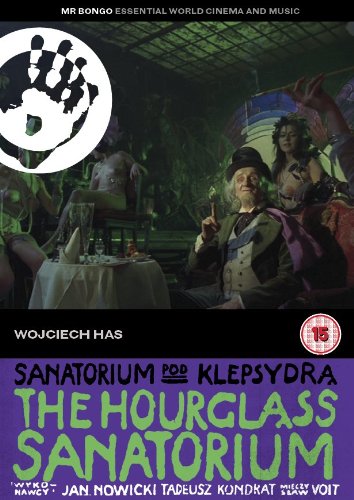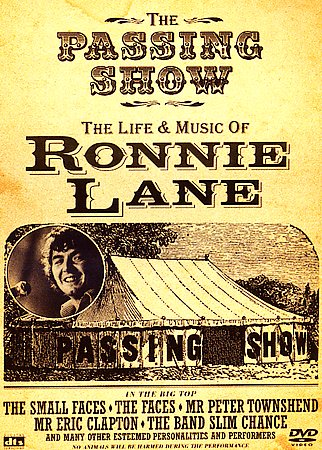You can download the podcasts of BBC Radio 4’s presentation of Ulysses at this site. While it says the podcasts will be available for 14 days, don’t wait–Life and Fate had the same claim and those episodes were pulled after a week. Updates: a review of the adaptation. And another. An article on why Ulysses […]
Author: Dwight
I don’t believe any of the Transatlantic Sessions are on “instant” view but that doesn’t mean you can’t enjoy parts of the series. I’m focusing on the first sessions since I enjoy them the most. Many of these performances can be found on YouTube in varying degrees of quality. The intro for the first series: […]
Ashes and Diamonds by Jerzy Andrzejewski Translated by D. J. Welsh Foreword by Barbara Niemczyk, Introduction by Heinrich Böll Northwestern University Press, 239 pages ISBN: 0-8101-0856-9 From you, as burning chips of resin, Fiery fragments circle far and near: Ablaze, you don’t know if you are to be free, Or if all is yours will […]
The Faithful River by Stefan Żeromski Translated by Bill Johnston Northwestern University Press, 179 pages ISBN: 978-0810115965 The Faithful River is set in the Kielce region of central Poland in the winter and spring of 1863, during the January Uprising. At this time the country of Poland did not exist; since the partitions of the […]
I skipped the release of 2010’s Robin Hood (with Russell Crowe and Cate Blanchett), but had it on as background noise recently. When I heard the following lines, though, I became more interested…well, for a few minutes anyway. Rarely does a version of Robin Hood portray Richard Coeur-de-Lion in this light: King Richard The Lionheart: […]
While I’m waiting for a replacement copy of The Faithful River by Stefan Żeromski (the last 25 pages were missing), I think I’ll post my scattered notes on another book I’m reading: A Book Forged in Hell: Spinoza’s Scandalous Treatise and the Birth of the Secular Age by Steven Nadler. When I become interested enough […]
Since I will be reading several of Stefan Żeromski’s books this year (The Faithful River, Ashes, and The Coming Spring), I thought an introduction to the author was appropriate. The article at Culture.pl serves as a good overview since it goes into great detail about his life and works. In addition, I’ll provide a few […]
Satantango by László Krasznahorkai Translated by George Sziertes New Directions, 274 pages ISBN: 978-0-8112-1734-7Who Author: László Krasznahorkai, a Hungarian writer born in 1954. Translator: George Sziertes, poet and translator of notable Hungarian authors such as Krasznahorkai and Sandor Marai. (Interview) Principle characters in The First Part: Futaki—former mechanic in village, lame. Mr. and Mrs. Schmidt—village […]
Senna’s remarkable story, charting his physical and spiritual achievements on the track and off, his quest for perfection and the mythical status he has since attained, is the subject of SENNA, a documentary feature that spans the racing legend’s years as an F1 driver. Far more than a film for F1 fans, SENNA unfolds a […]
Mariusz Dmochowski as Stanisław WokulskiContinuing with my sort-of-biweekly foreign movie posts for this year… For more foreign movies, check out Caroline’s World Cinema Series 2012 and Richard’s monthly Foreign Film Festival round-up. I am always interested in watching movie adaptations of books I’ve read and enjoy passing along the ones I watch. In the case […]
2012 vintage Update: if my posting in December seems more incoherent than usual, you’ll know the reason. Original post: A Christmas present in May? That’s because you have to do the work now in order to enjoy this in December. It’s a nice touch after dinner with friends. Or when you have a quiet evening […]
If you have access to Netflix streaming be sure to check out Phantom Museums: The Short Films of the Quay Brothers, in particular the 20 minute “Street of Crocodiles” (versions of this are available on YouTube, too). The Bruno Schulz story of the title focuses on deceit—fabrications by others and by the self. Starting with […]
Continuing with my sort-of-biweekly foreign movie posts for this year… For more foreign movies, check out Caroline’s World Cinema Series 2012 and Richard’s monthly Foreign Film Festival round-up. Wojciech Jerzy Has based this movie on parts of Bruno Schulz’s stories, using “The Sanatorium at the Sign of the Hourglass” as the framework on which to […]
In July my father left to take the waters; he left me with my mother and my older brother at the mercy of the summer days, white from the heat and stunning. Stupefied by the light, we leafed through that great book of the holiday, all of its pages ablaze with splendour; their sickly sweet […]
The Life & Music of Ronnie Lane: The Passing Show The movie is flawed…major changes in his career are elided over, either assuming you know the story or just to downplay the negative part of his life. Yet the film is extremely enjoyable. Catch it while it’s on instant view on Netflix. (Hat tip: the […]
By coincidence, tomorrow marks the centenary of the death of Bolesław Prus (real name Aleksander Głowacki). You’ll be hearing more about him from me since I thoroughly enjoyed The Doll and plan to read his later novel Pharaoh soon. The Doll takes place over an eighteen-month period during 1878-9 and looks at Polish society, with […]
There are many other topics included in The Doll that would make interesting posts, such as Prus’ view of women’s rights (or simply the relationship between men and women) and the Polish-Jewish conflict, but I’m going to end with excerpts that look at the author’s view on some of the problems of Poland. These quotes […]
The introductory post on The Doll mentions that Prus wished he had titled the book Three Generations. I’ve provided excerpts for the older generation (full-blown Romaticism represented by Ignacy Rzecki) and the middle one (Romanticism mixed with idealism, embodied by Stanisław Wokulski). The younger generation does not have quite the central role as the older […]
Ignacy Rzecki, oldest of the main characters and intended to represent the older, Romantic generation easily became my favorite character of the novel. The excerpts from his journal provide the reader flashbacks to important events in his as well as showing some of Wokulski’s formative years. During the Hungarian revolution of 1848 Rzecki and friends […]
There are few instances in world literature of a novel’s hero acquiring in the public eye all the characteristics of a live and tangible person, as did The Doll’s principle character, Stanisław Wokulski. Thus, between the two world wars, Prus’s admirers expressed their feelings by attaching a plaque to the wall of a Warsaw apartment […]



